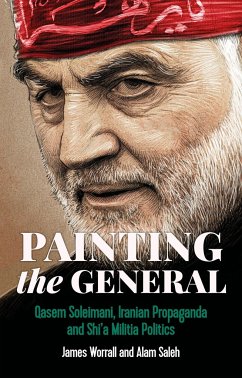The targeted assassination of Major-General Qasem Soleimani on 3 January 2020 brought into sharp focus the expansion of Iran's irregular warfare capabilities and network of highly capable proxy actors. This network, overseen by the Quds Force of the Islamic Revolutionary Guards Corps (IRGC) and its mysterious and charismatic leader, has become a critical actor in shaping the Middle East. Painting the General fills a key gap in our knowledge of this phenomenon by exploring the role, image and framing of the Qods Force leader as a newly omnipotent and all conquering Iranian hero who has propped up the Islamic Republic's waning support internally and acted as a potent foreign policy symbol and rallying point externally. The book explores the multiple dimensions of Hajj Qasem's image, its construction, use and reception among different audiences. Bridging the gap between a traditional political biography and a work of comparative and regional politics, it places Soleimani within multiple frames of resonance, examining how his image and persona have been shaped by himself, by the regime and by outsiders to create a powerful and increasingly essential narrative which, over time, placed Soleimani as a key powerbroker in Iranian and regional politics. Based on a newly developed analytical framework and fieldwork in Iran, Iraq and Lebanon the volume draws extensively on Persian and Arabic sources, as well as detailed exploration of the iconography used to frame Soliemani as a new, more secular Iranian hero who has resonance far beyond Iran's borders.
Hinweis: Dieser Artikel kann nur an eine deutsche Lieferadresse ausgeliefert werden.
Hinweis: Dieser Artikel kann nur an eine deutsche Lieferadresse ausgeliefert werden.








